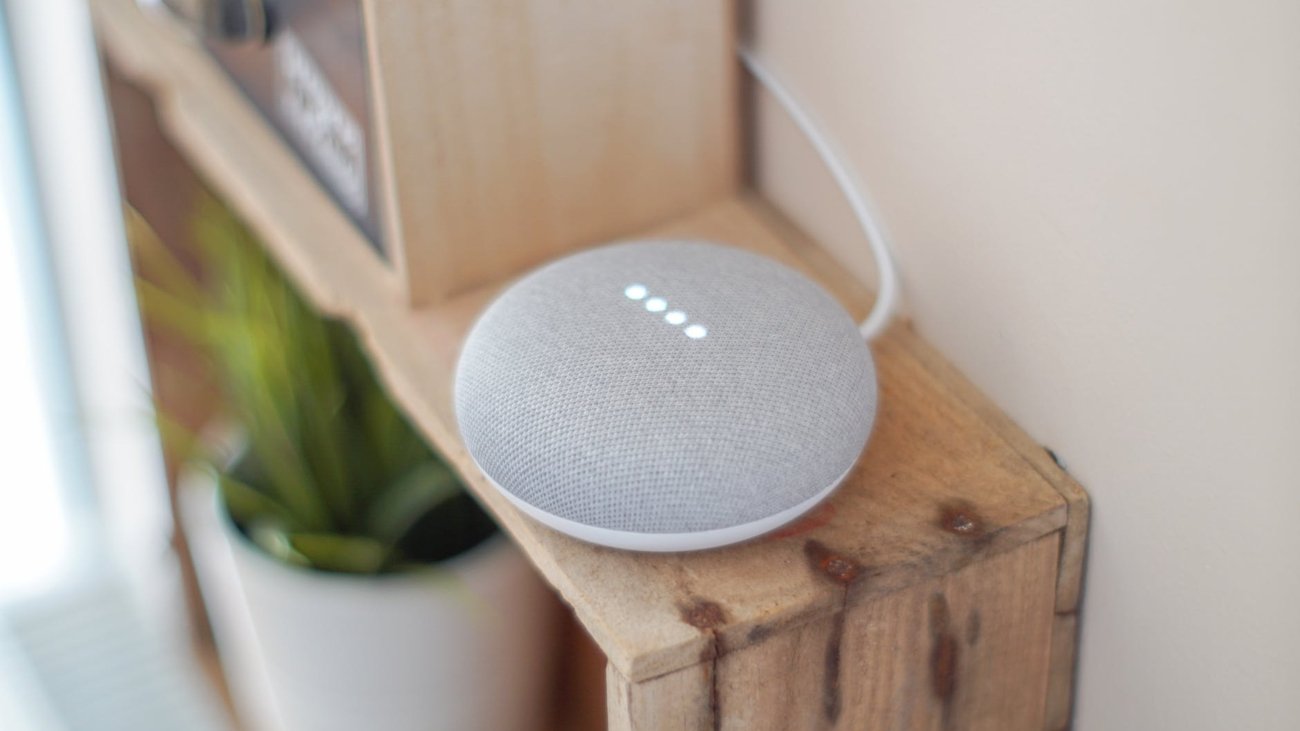The Internet is like the air we every day breathe and we cannot live without the Internet. Recently, who among us does not have the Internet (either from Etisalat or Du)?.
What is Internet?
The smart system is either in the home like HomeSeer, the internet is a global network of computers and connected devices. It allows for the exchange of intormation and fast data transfer.
Through it, users can access websites, apps, and digital services. It is the foundation of modern digital communication.
Why do we need the internet in smart homes?
To remotely control smart devices via phone or computer.
To automatically update software and receive new instructions.
To connect with smart assistants like Alexa and Google Assistant.
Without it, many smart features and cloud functions won’t work.
Importance of the Internet:
Simplifies daily life by providing quick access to information.
Essential for operating modern smart systems and technologies.
Connects devices and users around the world instantly.
Internet Fails:
If the internet stops working in a smart home, the impact depends on how the system is designed. Here's a breakdown of what typically happens:Most smart devices (like smart switches, plugs, or thermostats) have manual buttons, so you can still operate them physically.
Or: Devices like smart lights, locks, or thermostats that use local communication protocols (e.g., Zigbee, Z-Wave) and are connected to a hub (like Home Assistant or Hubitat) may still function normally.
Example: You can turn on lights or adjust your thermostat from your phone if you're connected to the same Wi-Fi.
Some smart hubs (like Apple HomeKit, SmartThings with Edge drivers, or Home Assistant) store automations locally, so scheduled actions may still run without internet.
What Fails (Internet-Dependent Features):
Remote Access: You can’t control your devices from outside your home (e.g., using your phone at work to turn off lights).
Voice Assistants: Voice commands won’t work because they rely on cloud processing.
Cloud Based Automation: Automations set up through cloud platforms (like Tuya, Smart Life, or IFTTT) may stop working entirely.
Cameras steam & Alerts: Many smart cameras won’t stream video or send notifications unless they have internet access.
How to Make Your Smart Home More Resilient:
Use local-control-friendly platforms (like Home Assistant, Apple HomeKit, or Hubitat).
Choose devices that support offline operation.
Avoid relying too heavily on cloud-only brands.
Conclusion:
The internet is not just a source of entertainment; it’s a vital part of smart home functionality. It enables full use of smart technologies and brings greater comfort and control to everyday life


 Cart is empty
Cart is empty 
